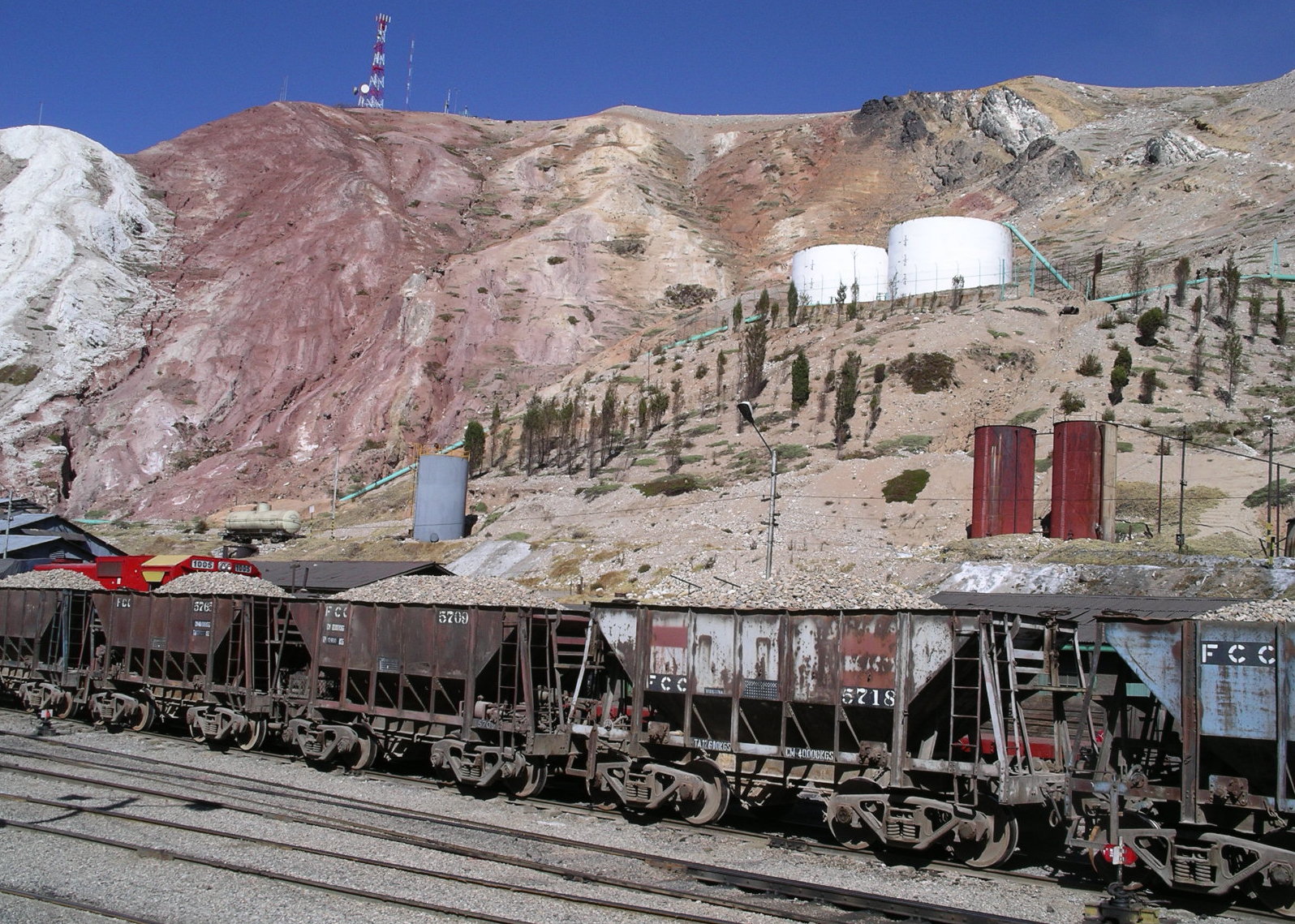
Chinese interests targeted in Pakistan terror
At least five Chinese nationals and one Pakistani were killed in a car bombing in Pakistan’s northwest Khyber Pakhtunkhwa province. The victims, employees of Wuhan-based engineering firm Gezhouba Group, were en route to the Dasu hydropower project on the Indus River. It was the third attack on Chinese interests in Pakistan in a week. No group has claimed responsibility for the car bombing, but the two previous attacks were claimed by the separatist Baloch Liberation Army (BLA)—including an assault on the Chinese-funded strategic port of Gwadar. (Map: PCL)

























